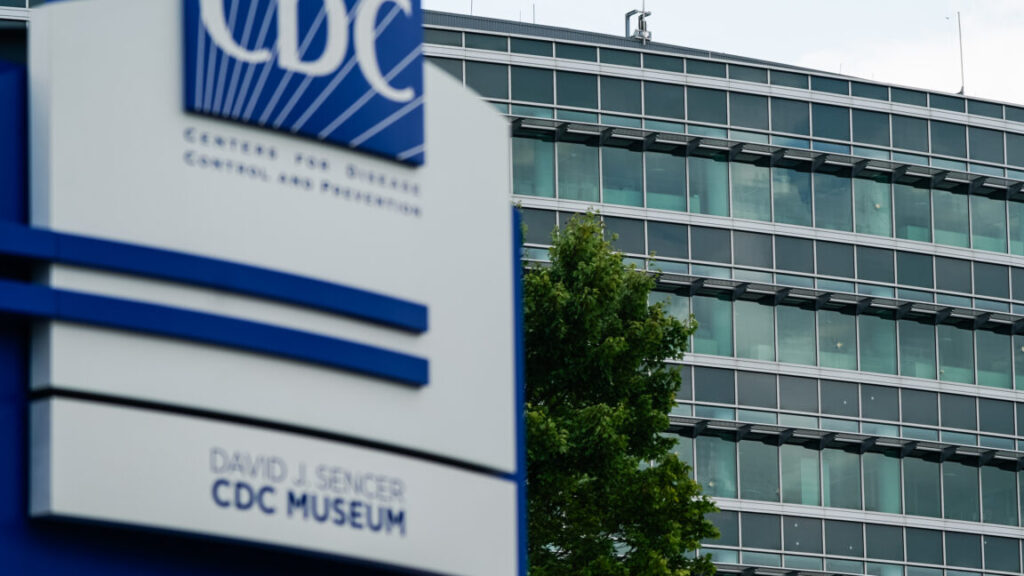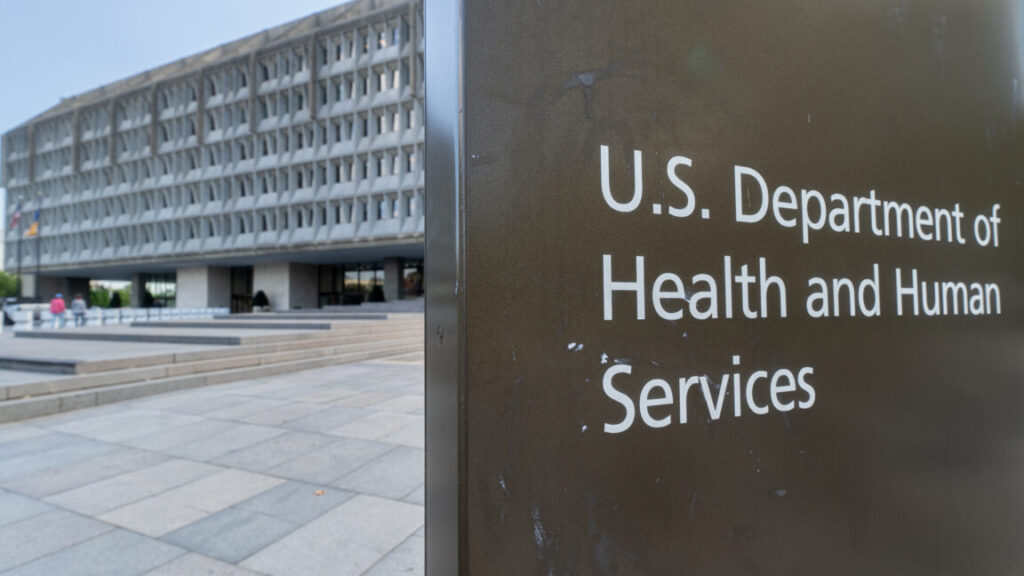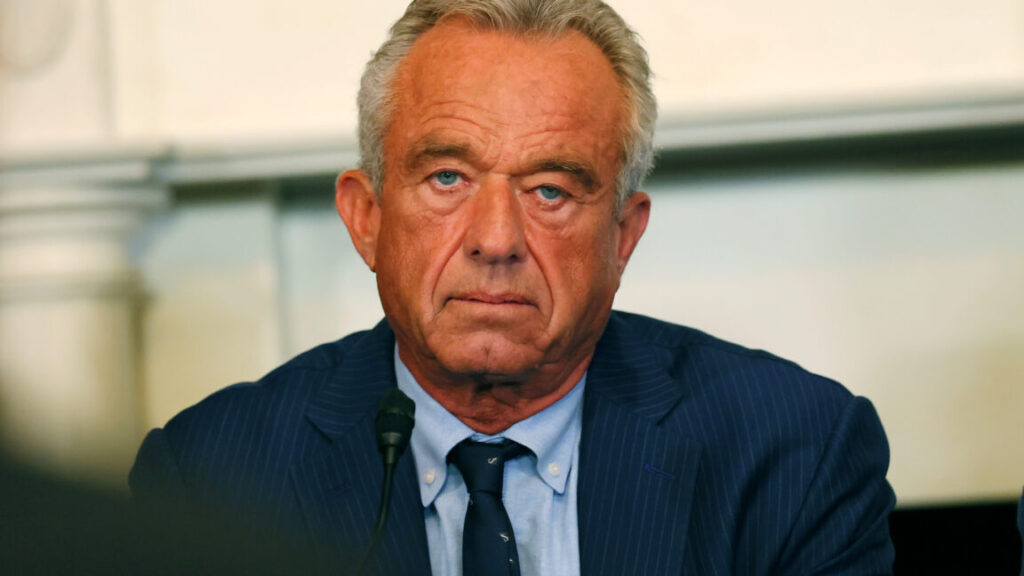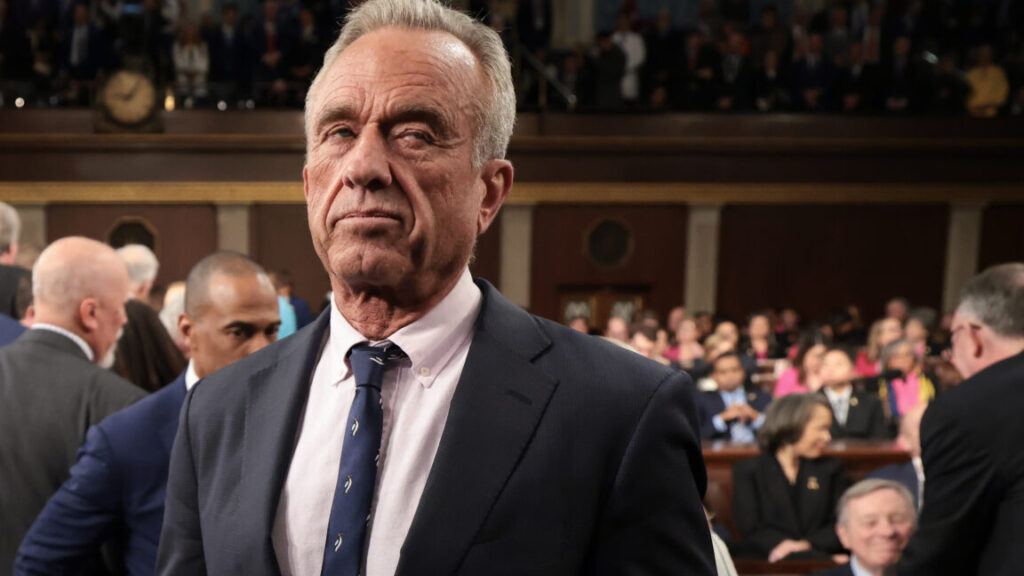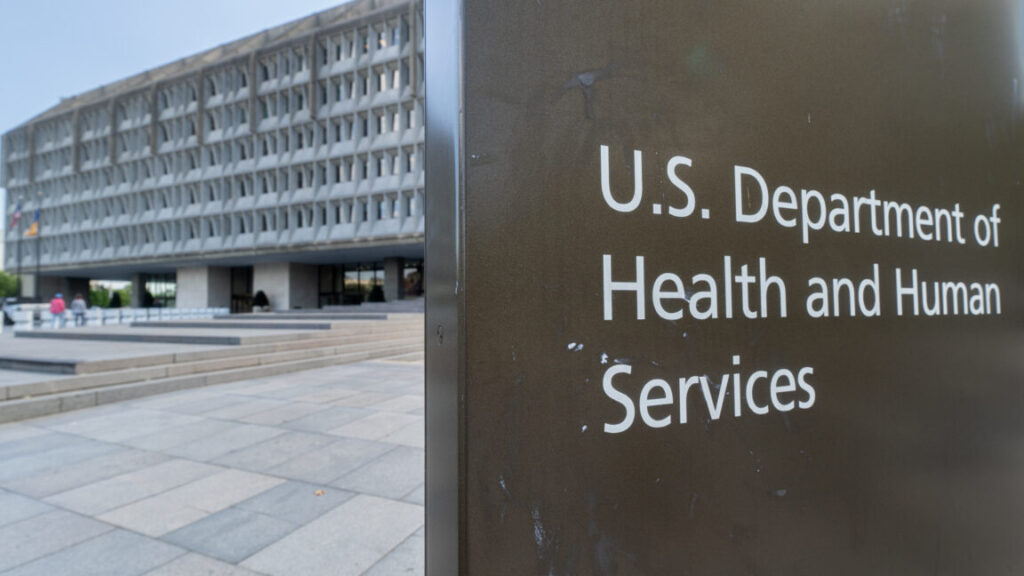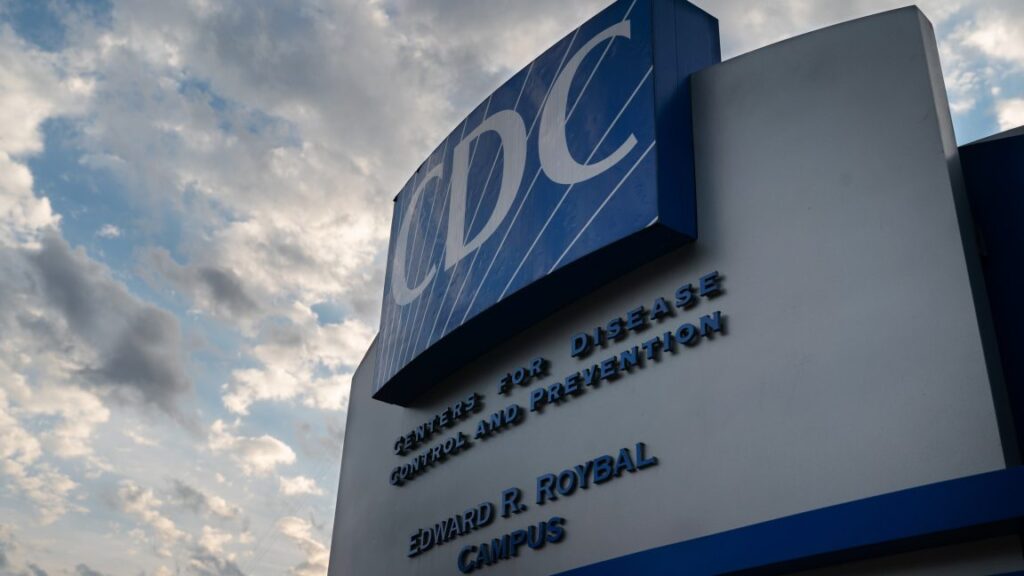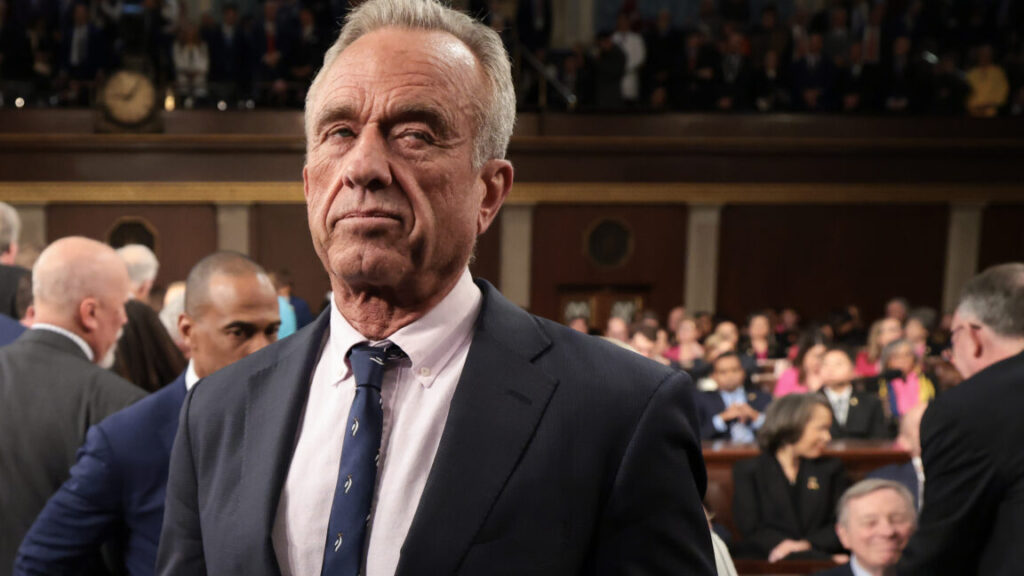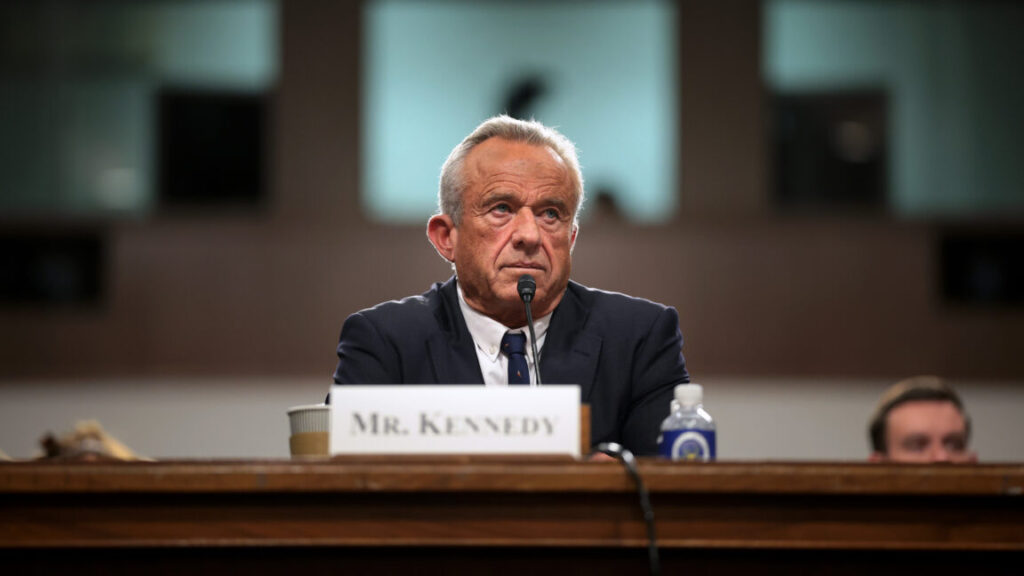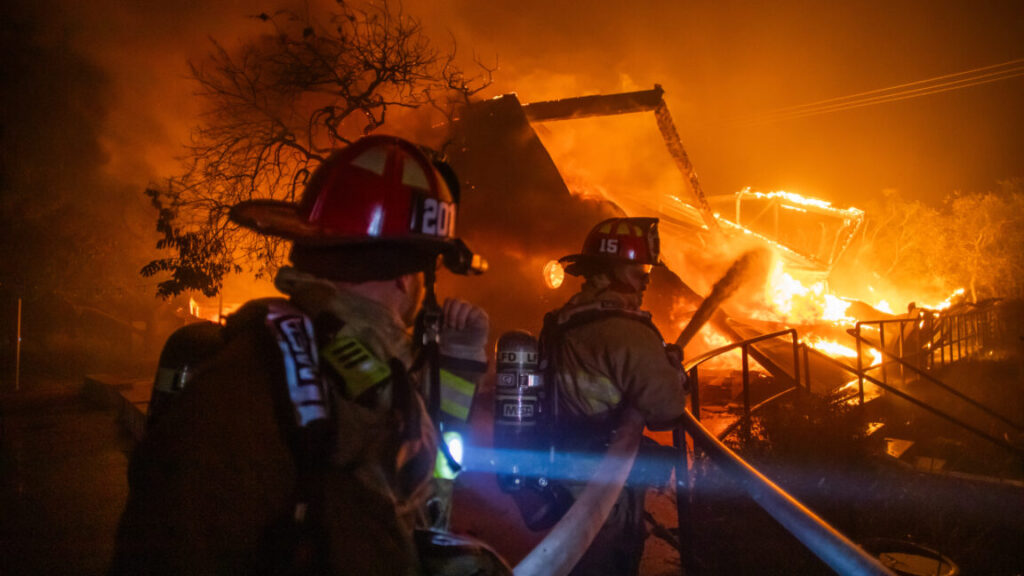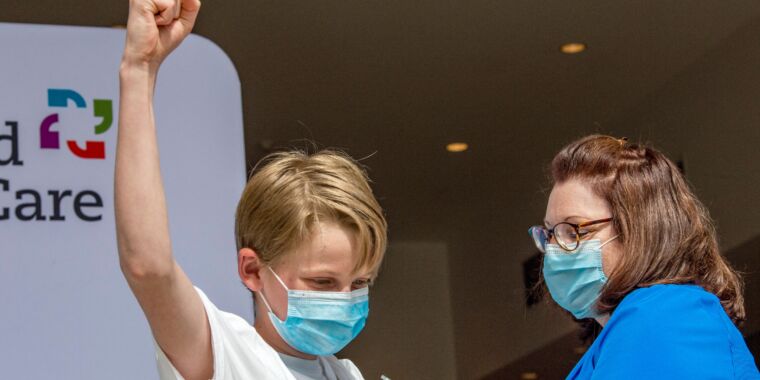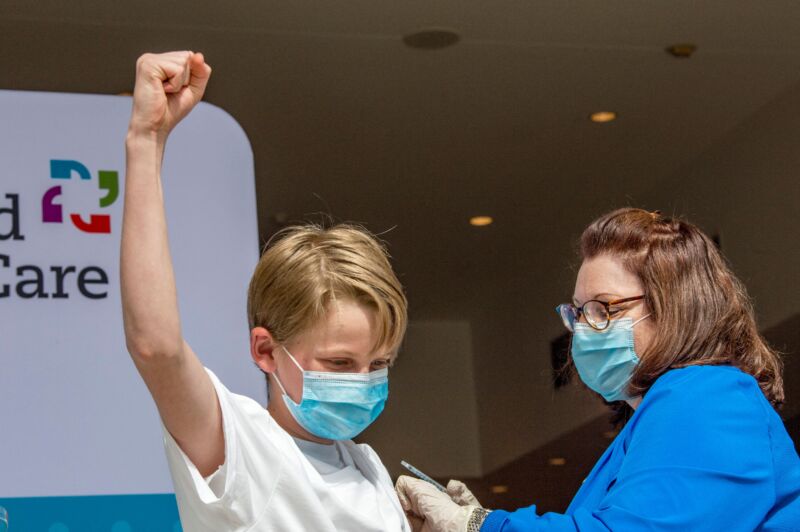Layoffs, a “coding error,” chaos: Trump admin ravages the health dept.
Federal health agencies are reeling from mass layoffs on Friday that appear to have particularly devastated the Centers for Disease Control and Prevention, despite some terminations being rescinded on Saturday.
Numbers are still sketchy, but reports from Friday indicate that more than 4,000 federal workers overall were initially targeted for layoffs. The Trump administration linked the firings to the ongoing government shutdown, which legal experts have suggested is illegal. Unions representing federal workers have already filed a lawsuit challenging the move.
Of the reported 4,000 terminations, about 1,100 to 1,200 were among employees in the Department of Health and Human Services (HHS). HHS is a massive department that houses critical federal agencies, including the Centers for Disease Control and Prevention, the National Institutes of Health, the Food and Drug Administration, and the Centers for Medicare & Medicaid Services, among others. Before Trump’s second term, the HHS workforce was about 82,000, but that was slashed to about 62,000 earlier this year amid initial cuts and efforts to push civil servants out.
While it’s unclear where all the new cuts occurred, reports from anonymous and external sources describe a major gutting of the CDC, an agency that has already been severely wounded, losing significant numbers this year. Its former leaders have accused the Trump administration of censoring its scientific work. It suffered a dramatic ousting of its Senate-confirmed director in August. And it was the target of a gunman weeks earlier, who shot over 500 rounds at its employees, killing a local police officer.
As terminations went out Friday, reports indicated that the terminations hit staff who produce the CDC’s esteemed journal Morbidity and Mortality Weekly Report, employees responding to the measles outbreaks in the US, others responding to the Ebola outbreak in the Democratic Republic of the Congo, workers in the Global Health Center, and disease detectives in the Epidemic Intelligence Service.
Layoffs, a “coding error,” chaos: Trump admin ravages the health dept. Read More »
